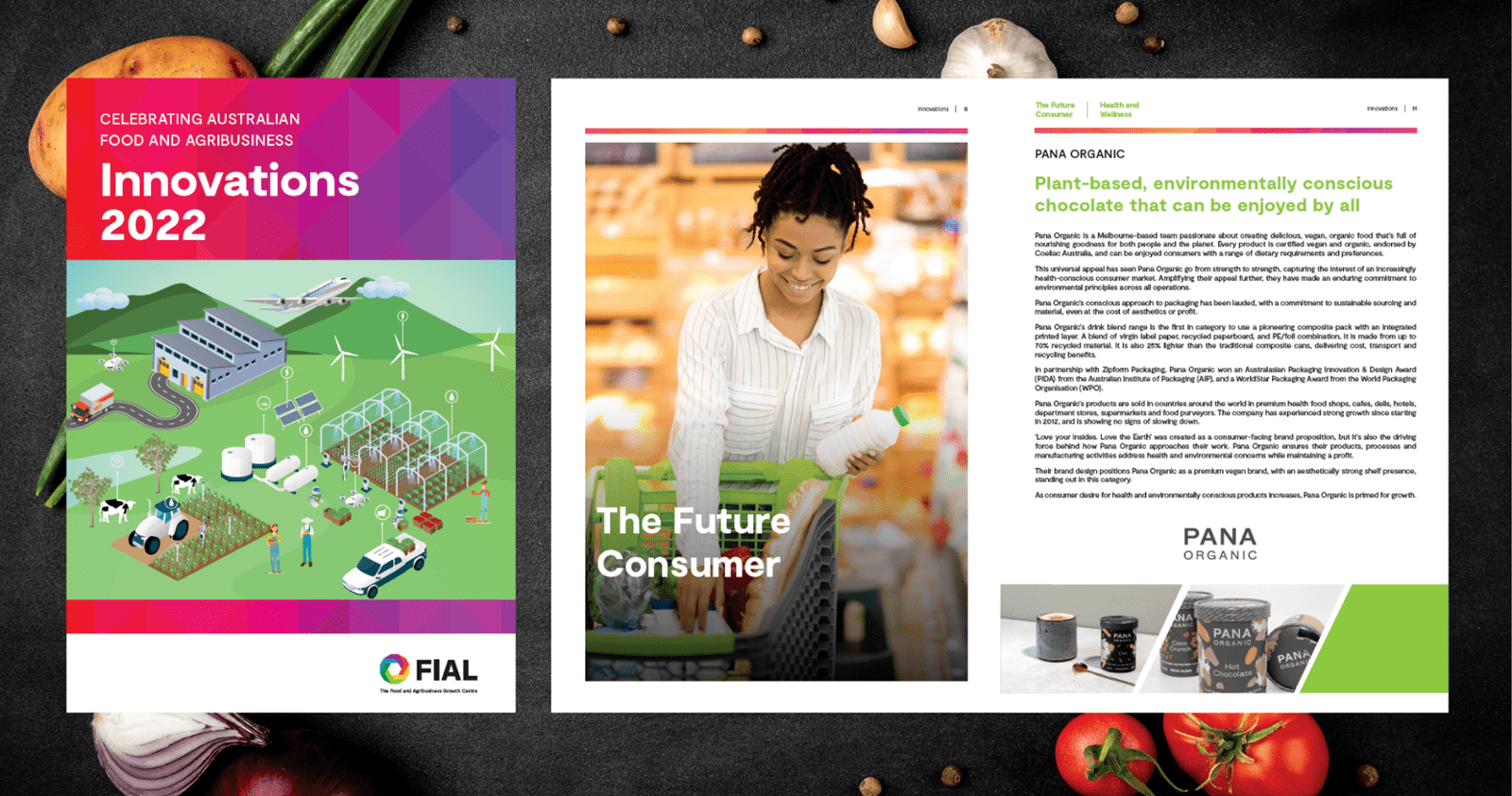Capturing the Prize: the A$200 billion opportunity for Australia's food and agribusiness sector/ Enhanced Production and Value Addition / Food loss and waste
Opportunities to reduce food loss and waste throughout the supply chain (primary producers, manufacturers and consumers), improve the sustainability of production and supply and develop viable value-added end products from what is currently wasted.
With COVID-19 seeing an increase in consumer spending on food delivery services by a staggering 258 per cent, with 50 per cent of orders containing chips, the opportunity to stand out from the competition was evident. Simplot’s Edgell Supa Crunch Delivery Chip is a new batter-coated chip designed to stay crunchy for up to 40 minutes throughout the challenging delivery process in foodservice, thereby reducing food waste.
Together with Detpak, they have created an innovative and sustainable pack for the chips with a raised and ventilated floor and just the right amount of ventilation on the sides and top to allow steam condensate to escape while retaining heat. This reduces the risk of spoilage and soggy chips, making it a more attractive prospect for foodservice companies and consumers. Instructions like microwaving for 20 seconds are included on the packaging to extend the shelf life at home, which can help reduce potential food waste.
The Edgell brand is assisting in addressing Australia’s 7.5 million-tonne-per-annum food waste problem through developing a unique batter that retains the crunch in the chip, and innovative packaging design created for the delivery platform. Edgell Supa Crunch has been recognised with an Australasian Packaging Innovation & Design Award (PIDA) from the Australian Institute of Packaging (AIP), and a WorldStar Packaging Award from the World Packaging Organisation (WPO).
Around 50 different prototypes were created by Simplot and Detpak, before the final solution was found. It uses the stack effect where the air is drawn into the carton at the base and then vents at the top. This allows moisture-filled air from the chips to rise and escape. This one-way venting works well in balancing heat retention and moisture escaping, ensuring food quality.
The pack was also designed with tamper evidence for product security, and is stackable to allow for easier distribution throughout delivery channels to reduce the risk of crushing. The board is fully recyclable, FSC certified, and has been optimised to reduce the amount of board used.
Both product and pack come together to provide the market with a distinctly different offer – one that tastes better for longer, with less environmental impact.



